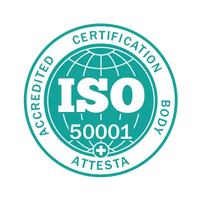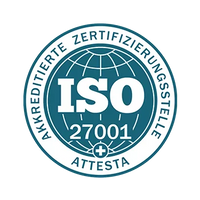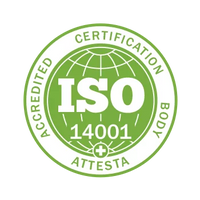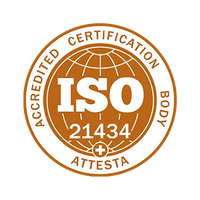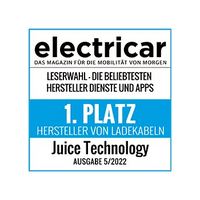There are many half-truths surrounding the topic of "legal metrology compliance" for private charging stations. There's particular uncertainty when it comes to charging electric company cars at home: Does the home wallbox have to comply with legal metrology in order to correctly bill the employer for the electricity? The short answer: No, it doesn't have to.
Charging company cars at home: No case for calibration law
Because what counts is not the seal, but the function. What matters is that the charged electricity is billed accurately, transparently, and tamper-proof. This doesn't require a calibration-compliant wallbox – a charging infrastructure with an MID-compliant meter combined with suitable software is perfectly sufficient.
What does “calibration law compliant” actually mean?
Devices that comply with calibration law meet the requirements of the Measurement and Calibration Act (MessEG) and the Measurement and Calibration Ordinance (MessEV). The goal is to consistently record and bill meter data for billing-relevant charging processes based on kilowatt hours. Charging stations that comply with calibration law must display the meter data directly and store it for an extended period of time. This is mandatory, for example, at public charging stations where electricity is supplied for a fee.
When does the calibration law apply and when does it not?
German metering and calibration law (MessEG and MessEV) only applies when electricity is sold to third parties – for example, at public or semi-public charging stations. When charging a company car at home, this sale does not involve a classic "customer-supplier" relationship, but rather an internal cost allocation between employer and employee. All parties are known, which is why a calibration-compliant wallbox is not required in this scenario.
Why MID is enough!
MID stands for "Measuring Instruments Directive" – an EU directive for measuring instruments. Electricity meters that comply with this directive record energy consumption precisely and in a tamper-proof manner. Such MID-compliant meters are perfectly adequate for billing between employees and employers, provided the data is documented clearly and transparently.
Ultimately, the goal is fair, transparent billing – not a stamp of approval from the authorities.
The better solution: JUICE EV FLEET SOLUTION
With the JUICE EV FLEET SOLUTION, Juice offers a simple and secure way to charge company cars at home and accurately bill electricity consumption. The combination of a modern, smart wallbox, an MID-compliant meter, secure data transmission, and cloud-based software covers all legal and accounting requirements.
The main advantages:
- MID-compliant consumption recording
- tamper-proof data transmission
- automated billing
- full transparency for employers and employees
- no unnecessary additional costs due to expensive calibration certification that brings no additional benefit
Juice's fleet solution also ensures a clear separation between private and business charging sessions – for example, through authentication via RFID or the "j+ pilot" app. This ensures that the company car's electricity consumption is recorded and billed separately.
So why pay more when less is enough?
Meter types in comparison
| Meter type | Mandatory for private company car loading? | Features |
|---|---|---|
| simple counter | ❌ No | no certification, not tamper-proof |
| MID meter | ✅ Yes | EU-compliant, high accuracy, sufficient for internal billing |
| meter compliant with calibration law | ❌ No | only required for public and semi-public charging points with third-party customers |
Conclusion
Those who charge their company car at home don't need an overly regulated, expensive charging station. Modern billing systems like the JUICE EV FLEET SOLUTION enable automated and tamper-proof recording and billing of charging sessions. They thus meet all the necessary requirements for accurate billing between employer and employee. Clear, secure, and fair – without any red tape.
In short:
- The calibration law only applies when electricity is sold to others – for example at public charging stations.
- There is no sale between employee and employer, but rather an internal settlement.
- Anyone who uses a home charging solution for their company vehicle and does not sell charging current to third parties does not need a wallbox that complies with legal metrology regulations.
- An MID-compliant electricity meter in the wallbox is sufficient to correctly record the company car's electricity consumption and bill the employer.


